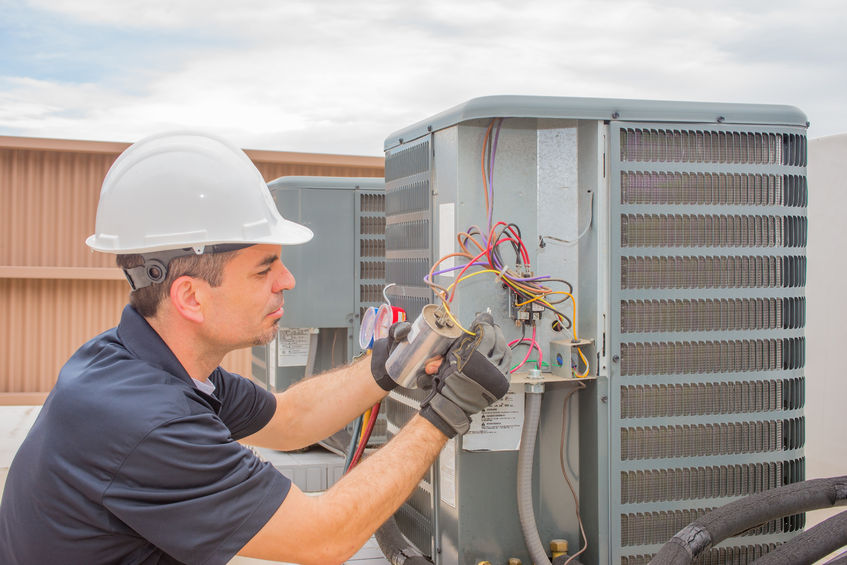Naturally, these appliances have their own lifespans. So how do you know when your air conditioner is dying? Knowing what to look for makes a big difference. You can then plan ahead for a new air conditioner—or perhaps even make repairs to your existing unit before it’s too late.
Here are 5 telltale signs your air conditioner is on its last legs.

- 1. It’s continuously running
- This is one of the most common issues with air conditioners. If your unit is constantly kicking on, yet blowing lukewarm or even warm air, then something is definitely wrong. The system could be dirty: Debris like leaves and grass can get in and interfere with air flow. It could also be low on Freon. A contactor may be sticking, which can freeze the unit (i.e. the indoor blower shuts off when the thermostat reaches temperature, but the outdoor unit continues to run).
Any of these conditions can burn out the motor quickly. In the warmer months, the air conditioner should turn on and off regularly to maintain the temperature.
- 2. It’s noisier than usual
- Air conditioning units are generally not very loud. If your system is humming, rattling, or shaking more than normal, it may have a serious problem. Wires or components could be loose, or there could be debris blocking air flow. Call an HVAC specialist; he or she will be able to tell you whether a repair is possible, or whether a new unit is in the cards.
- 3. The unit freezes
- This may mean your evaporator coil needs to be cleaned or that you need to change the air filters in your home. When your air conditioning unit freezes, it can’t perform at optimal levels. Freezing could even damage the compressor.
- 4. Your house feels more humid than usual
- No, it’s not just you; it may be your air conditioner. In addition to keeping your home cool, air conditioners help regulate humidity in your home. Increased humidity means that moisture from the air isn’t being removed as effectively as it was before. Plus, increased humidity can lead to mold problem. If your A/C isn’t cutting the humidity, it may be necessary to replace the unit.
- 5. Your energy bills are higher
- Air conditioners lose efficiency as they age, which can result in higher energy bills. If your energy bills are higher than normal, your air conditioner may be to blame. Replacing your old unit with a high-efficiency model can save you money in the long-run, as reduced energy usage means lower monthly bills.
What should you do next?
By keep on eye on your A/C and watching for these signs, and you may be able to repair your unit before it takes its last breath. If you’re unsure what’s wrong with your air conditioner, or simply want to prevent small problems from becoming big ones, consider regular preventative maintenance for your unit.
